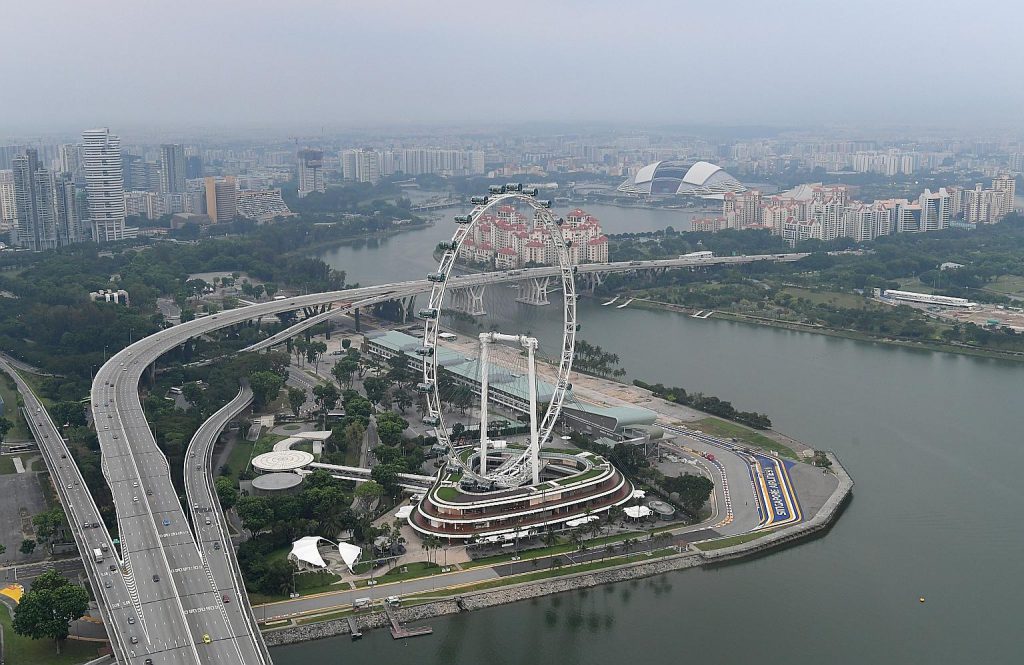Are we underestimating the effects of haze on society?
December 15, 2017

Provost’s Chair Professor Chew Soo Hong from the Department of Economics at FASS writes about his latest findings on the effects unhealthy levels of air pollution have on individuals.
Prof Chew’s findings show that beyond its negative effects on health, high levels of ambient PM2.5 can also affect decision making processes. In particular, it causes individuals to be more averse to risk over gains. He argues that this explains certain economic trends correlated to haze. For instance, investment behavior where individuals sell stock prematurely to avoid risk, therefore depressing stock prices. He also discusses the implications in other areas of society of this effect on decision making – such as how it causes a decline in prosociality. One example is the displaying of positive traits such as generosity and altruism, as well as participation in recreational activities.
Prof Chew therefore highlights the need for policy makers to take into account other indirect effects of haze on society. Specifically, he states that policy makers should pay attention to this effect on decision making. In addition, he points to the possibility that increased overall pollution in the environment has had permanent implications on the decision-making processes of individuals.
Read his article here: http://www.straitstimes.com/opinion/the-hazes-effects-on-cognition
